In the wake of a pre-close conference by the German automobile maker aimed at reducing investor apprehension, the Volkswagen shares increased on Tuesday. This gives a signal to the markets about its cash flow forecast and short-term performance being the same as expected or even better.
After the announcement, Volkswagen shares in Frankfurt gained around 1.2%, which was described by the analysts as ‘steadying’ following the weeks of market turbulence. The turbulence was caused by uncertainty relating to tariffs, luxury brand headwinds, and profitability issues. Although there is doubt about U.S. import taxes and the timing of possible rebates expected no earlier, executives stressed that Volkswagen’s full-year forecasts remain intact.
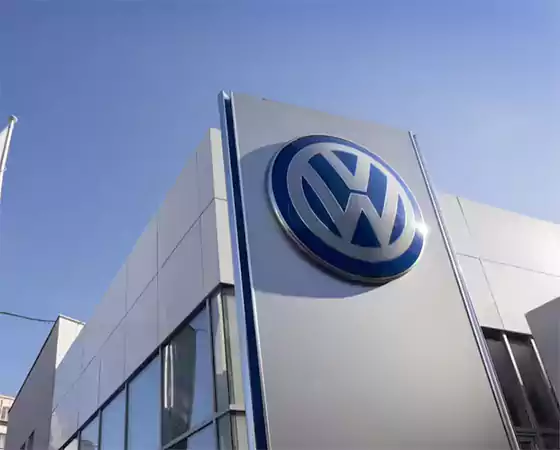
Management noted that the company’s third-quarter results matched earlier estimates, showing resilience across its main lines of business in 2026.
Investment bank Jefferies reported that the carmaker seemed ‘in control’ of its operations, projecting an adjusted operating margin of about 4.3%, broadly in line with consensus predictions. Similarly, Metzler analysts noted that Volkswagen’s mainstream brands, including VW and Skoda, are adding more to profitability than earlier projected, hence balancing the slower momentum. in luxury brands including Audi and Porsche.

The market reaction showed cautious optimism. The investors interpreted the management’s tone during the pre-close call as an indication that Volkswagen’s management was actively settling the disputes regarding pricing power and cash flow in the main markets. The transparency was a great support for a company that was negotiating a difficult mix of changing regulations, electric vehicle competition, and trade disagreements, as it was a business negotiating. At the same time, the analysts highlighted the persistence of issues.
While the overall European automotive market remains sluggish, the luxury sector keeps seeing demand weakness. Also complicating Volkswagen’s export plan and pricing flexibility in 2026 and beyond could be ongoing doubt about the U.S. and China tariff systems. Recent safety-related developments, such as the NHTSA recall alert for Volkswagen, Ford, Ram Vehicles Affected, further highlight the regulatory pressures facing automakers.
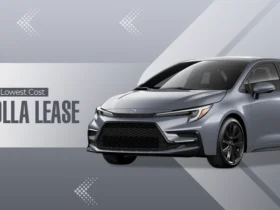


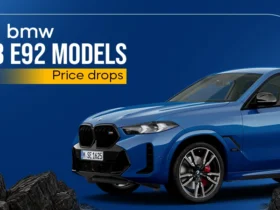
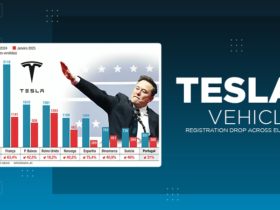
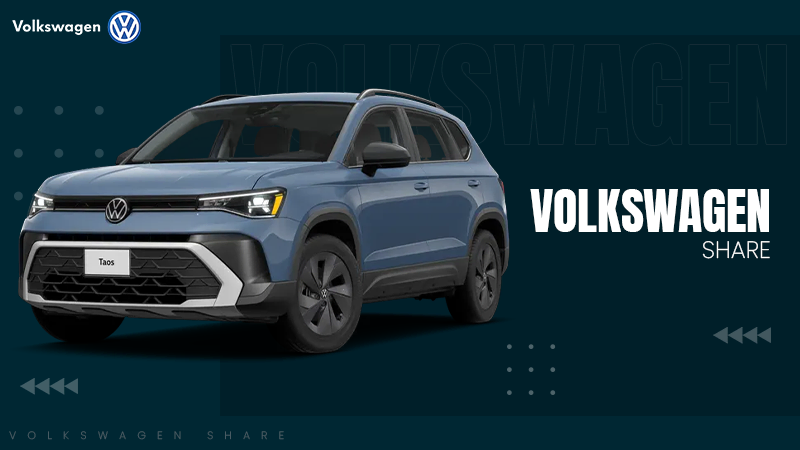
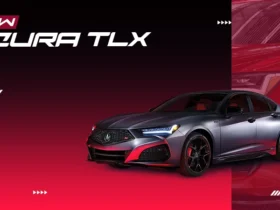






Leave a Reply